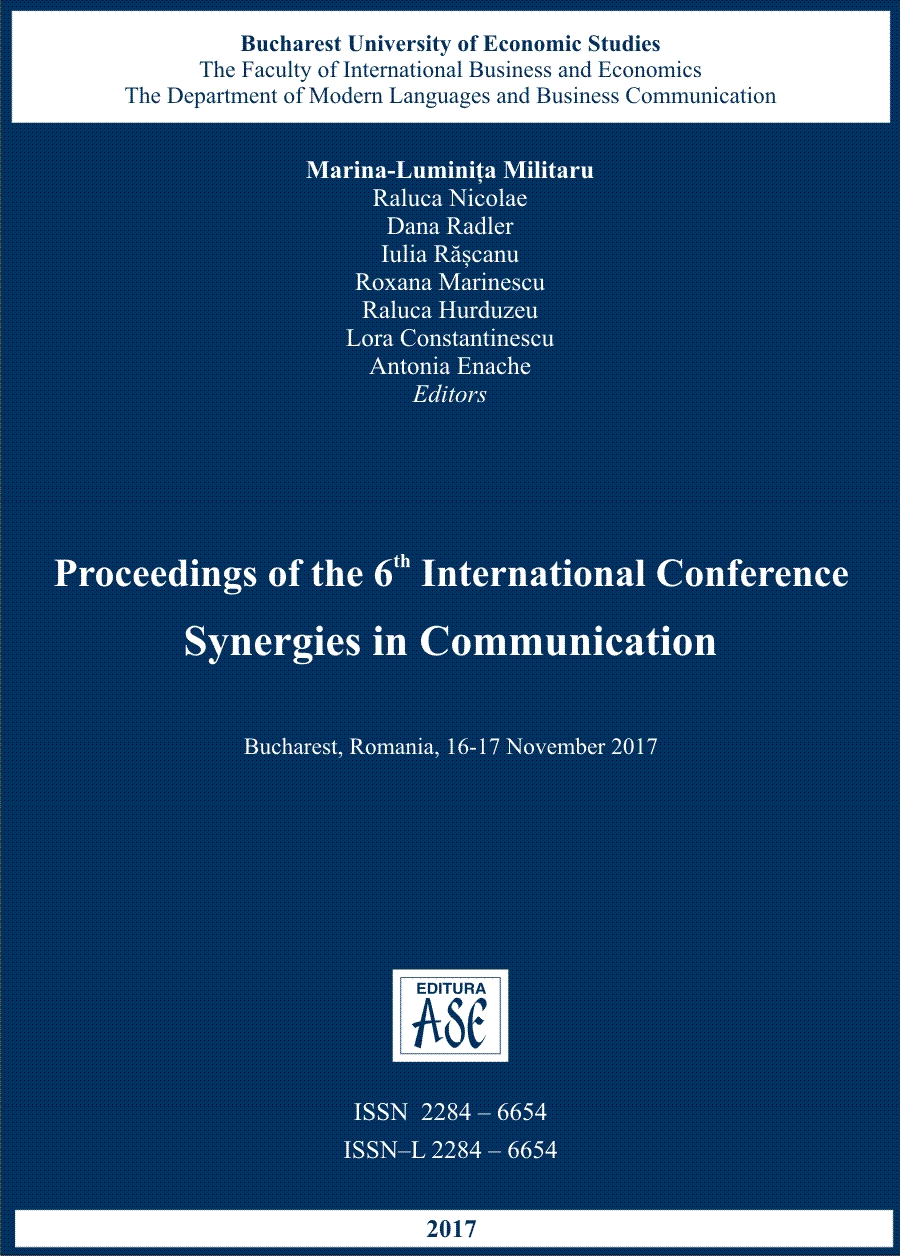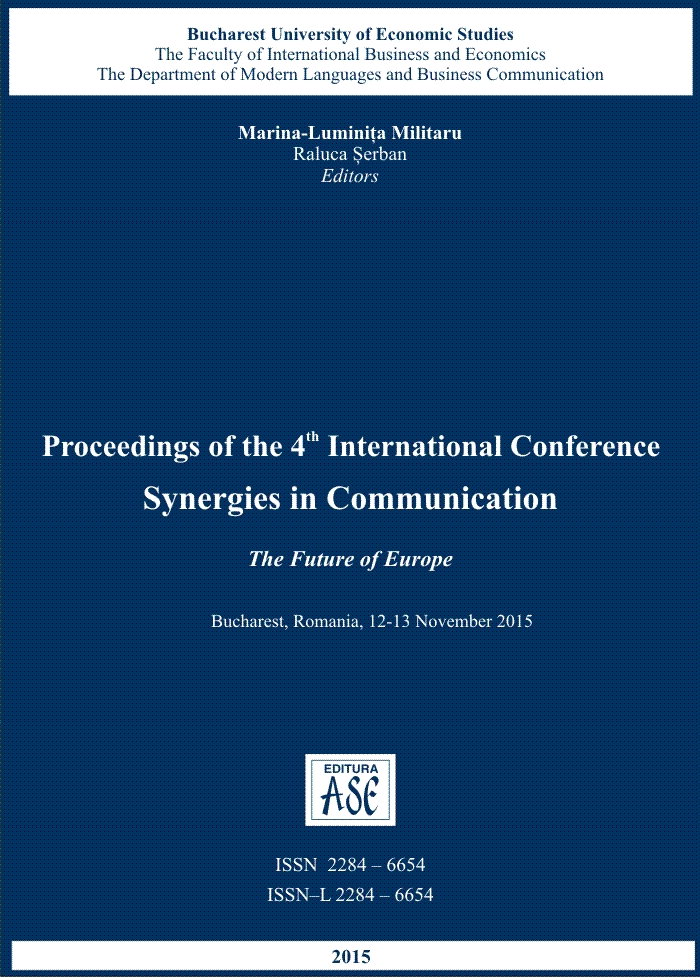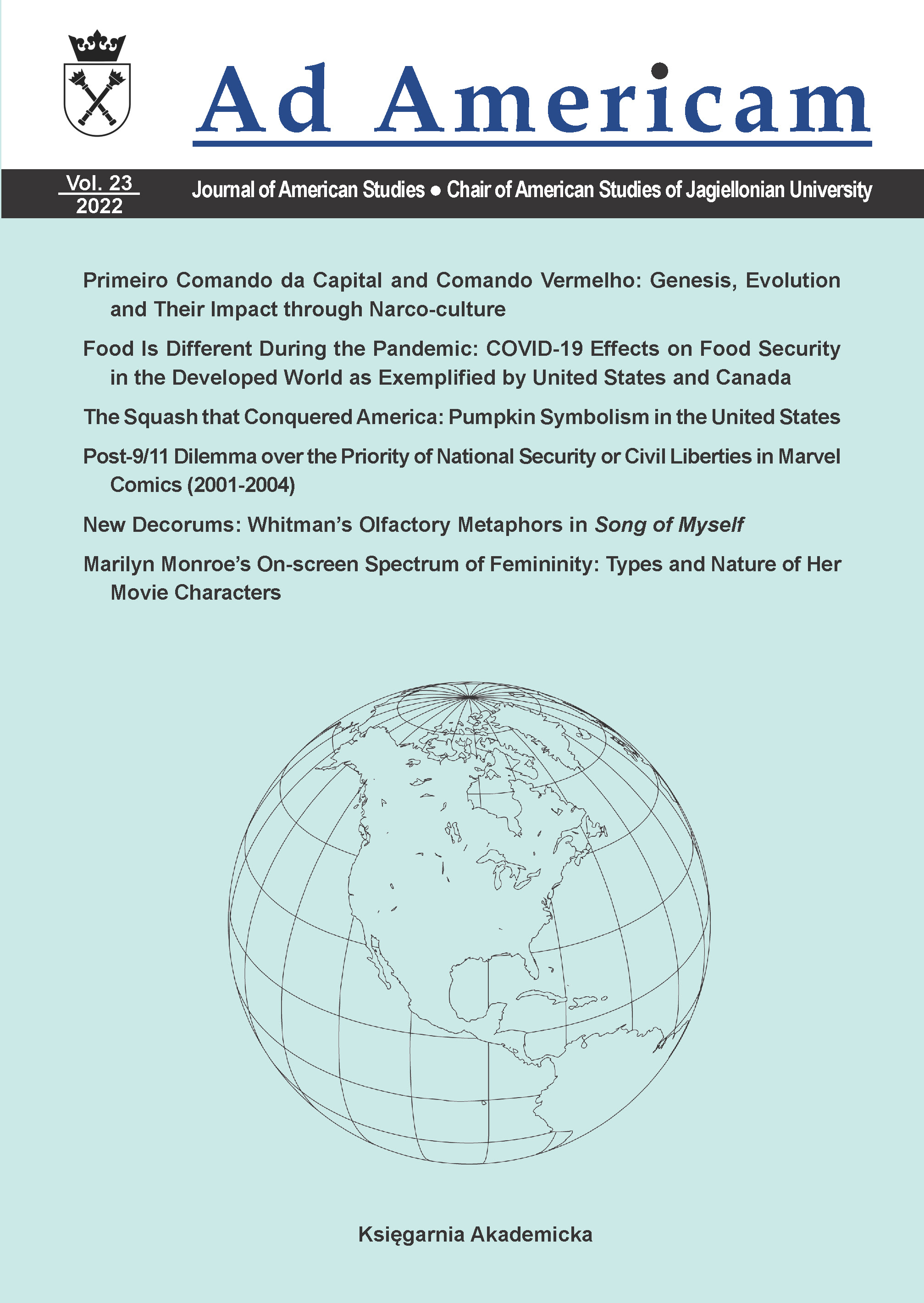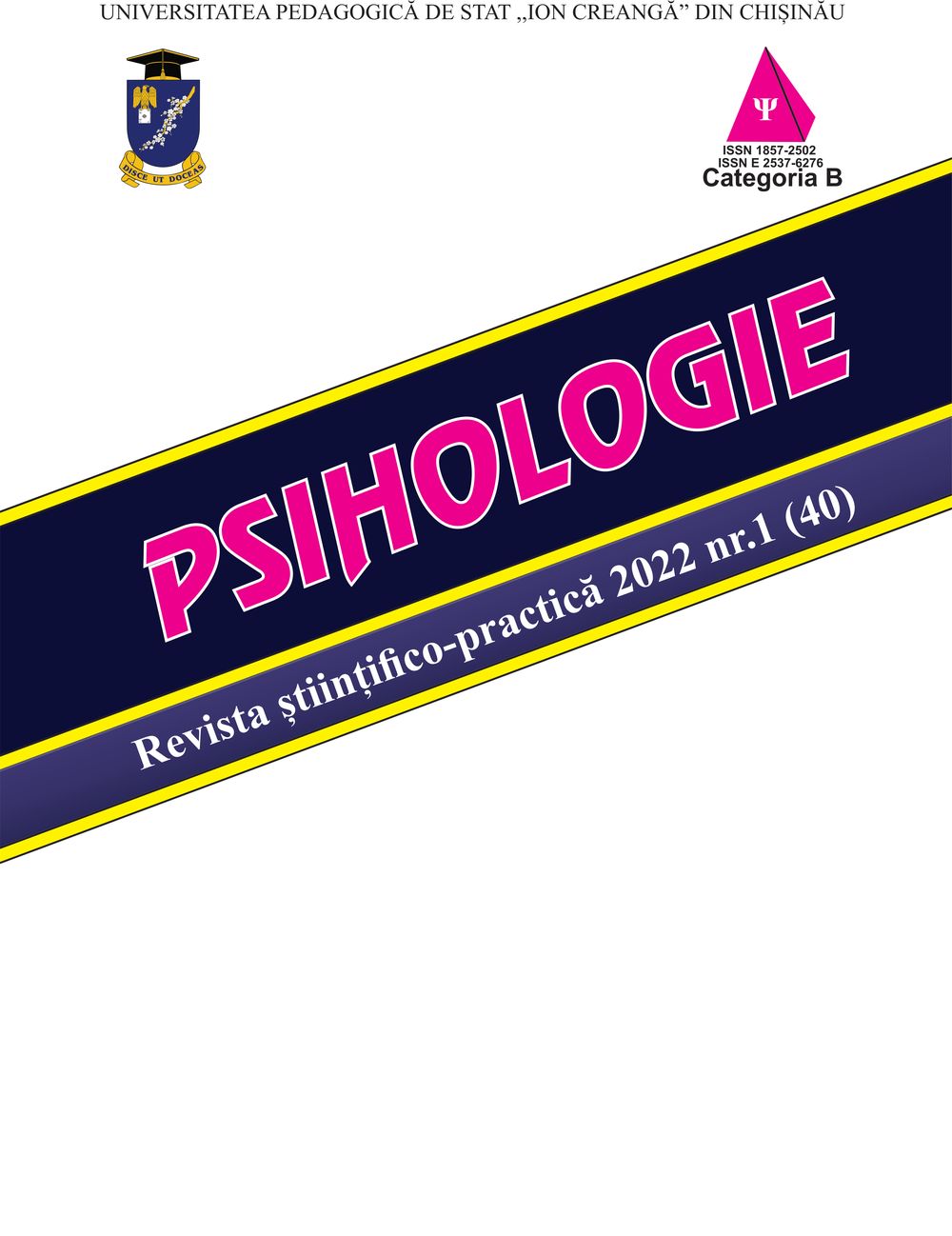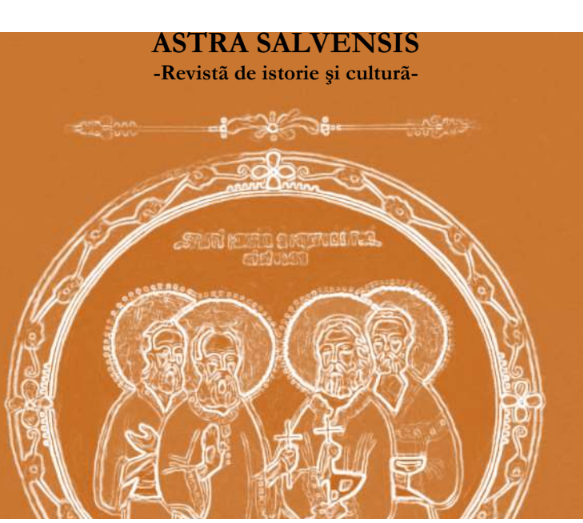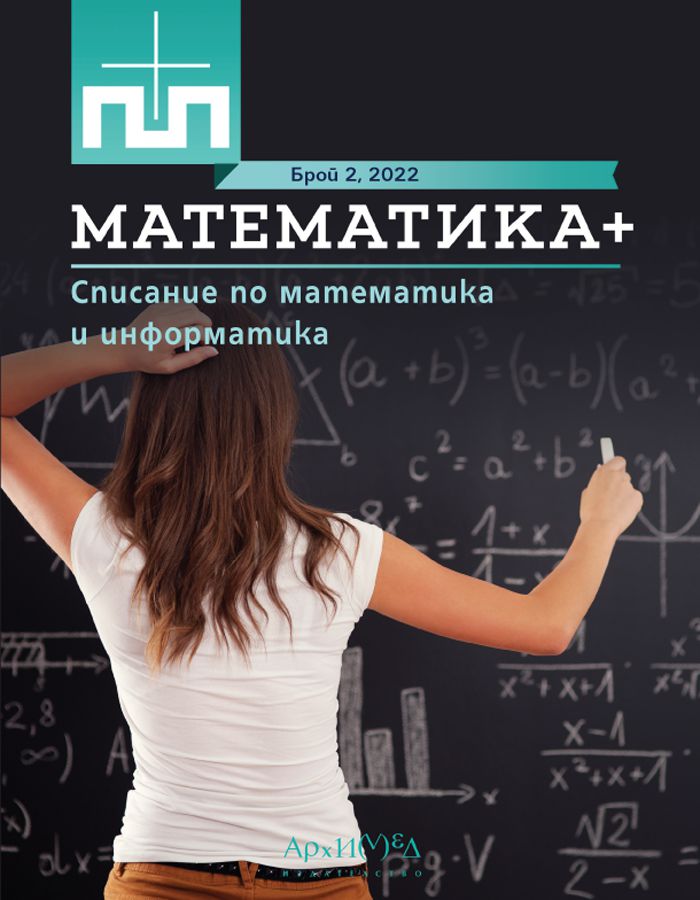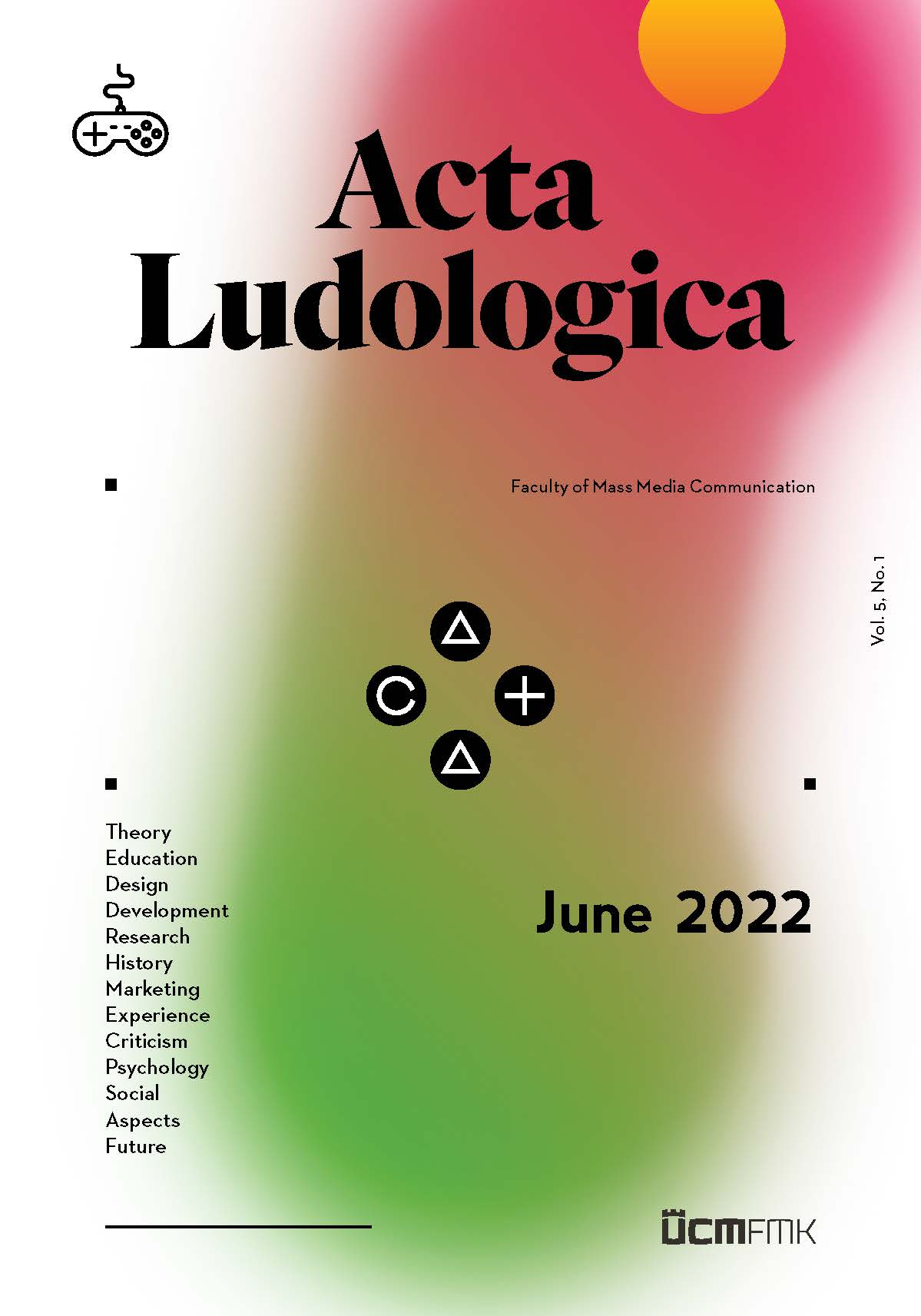Folklor muzyczny w polskim jazzie – idea, realizacje, funkcje
The following article discusses the issue of inspiration and presence of music folklore in Polish jazz. This phenomenon can be observed at least since the end of the 1950s. From that time it has become a fixed part of Polish jazz. Pieces of jazz music inspired by Polish folklore can be found in the output of many musicians, including: Zbigniew Namysłowski, Andrzej Trzaskowski, Andrzej Wróblewski, Jerzy Milian, Leszek Kułakowski, Michał Urbaniak, Grażyna Auguścik, Urszula Dudziak, Witold Szczurek, Andrzej Jagodziński, Andrzej Dutkiewicz. Employing music folklore by jazz simplifies the formula affinity between these two music types: primary character of playing the music live, existence of improvisation as a gesture of individual, unique expression and creativity of musicians, interaction with musicians from the band and with spectators (not professional performers), and finally – the role of situational context. References to folklore can concern its attributes of scale, motive formulas, textural, rhythmic, harmonic, instrumentation, tone and other realizations. Music folklore can act in jazz as: 1. a source of original musical material; 2. a field of search of the jazzman’s own musical language and 3. a component of building the identity of Polish jazz music. Reaching into the native folklore jazz, as a universal musical language gains a specific, distinct character. That allows us for its national identification, for setting its national affiliation and to constitute – as a part of jazz universe – the category: “Polish jazz”.
More...
